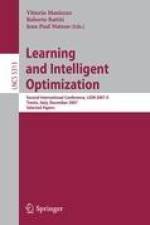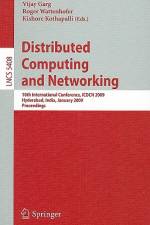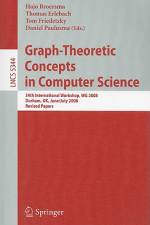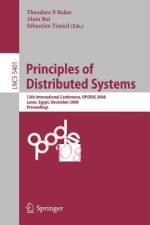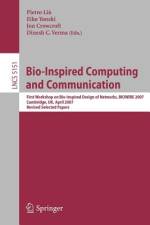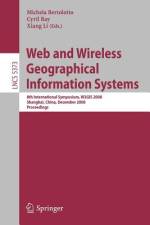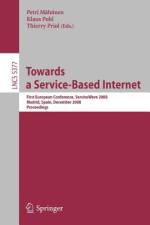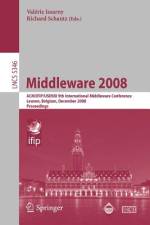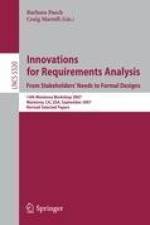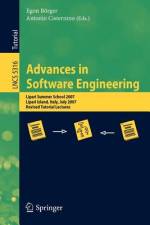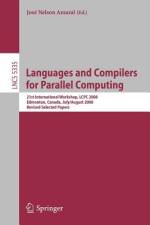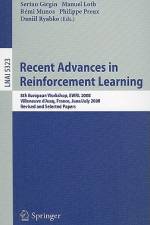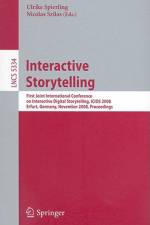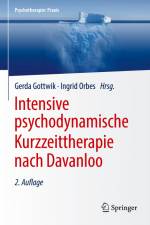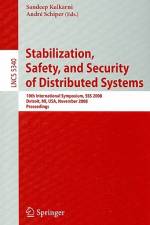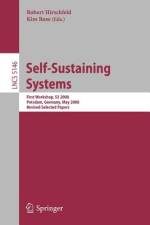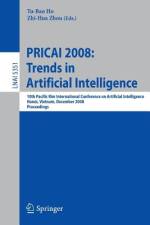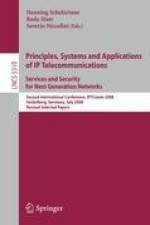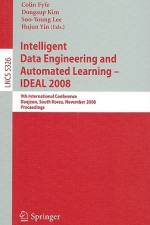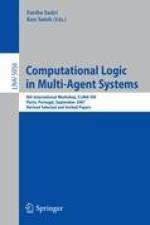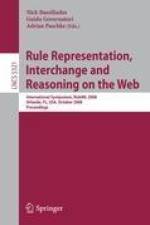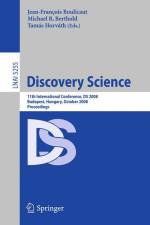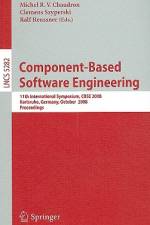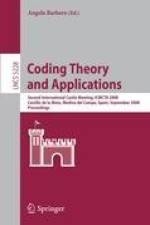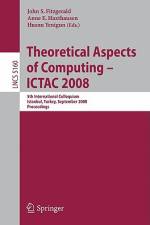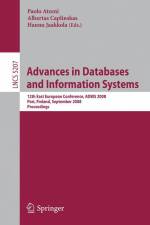- 34th International Workshop, WG 2008, Durham, UK, June 30 -- July 2, 2008, Revised Papers
von Hajo Broersma
63,00 €
The 34th International Workshop on Graph-Theoretic Concepts in Computer Science (WG 2008) took place in Van Mildert College at Durham University, UK, 30 June - 2 July 2008. The approximately 80 participants came from va- ous countries all over the world, among them Australia, Brazil, Canada, Chile, Czech Republic, France, Greece, Hungary,Israel, Italy, Japan, The Netherlands, Norway, Poland, Spain, Switzerland, UK and the USA. WG 2008 continued the series of 33 previous WG conferences. Since 1975, the WG conference has taken place 21 times in Germany, four times in The Netherlands, twice in Austria as well as once in Italy, Slovakia, Switzerland, the Czech Republic, France, Norway and now in the UK. The WG conference traditionally aims at uniting theory and practice by demonstrating how graph-theoretic concepts can be applied to various areas in computer science, or by extracting new problems from applications. The goal is to present recent researchresults and to identify and exploredirections of future research. The continuing interest in the WG conferences was re?ected in the number and quality of submissions; 76 papers were submitted and in an evaluation p- cess with four reports per submission, 30 papers were accepted by the Program Committee for the conference. Due to the high number of submissions and the limited schedule of 3 days, various good papers could not be accepted. Therewereexcellent invited talks by Giuseppe Di Battista(UniversitaRoma Tre,Italy)onalgorithmicaspectsof(un)-stableroutingintheInternet,byLeszek G?sieniec (University of Liverpool, UK) on memory-e?cient graph exploration, andbyMartinGrohe(Humboldt-UniversitatzuBerlin,Germany)onalgorithmic meta theorems.

